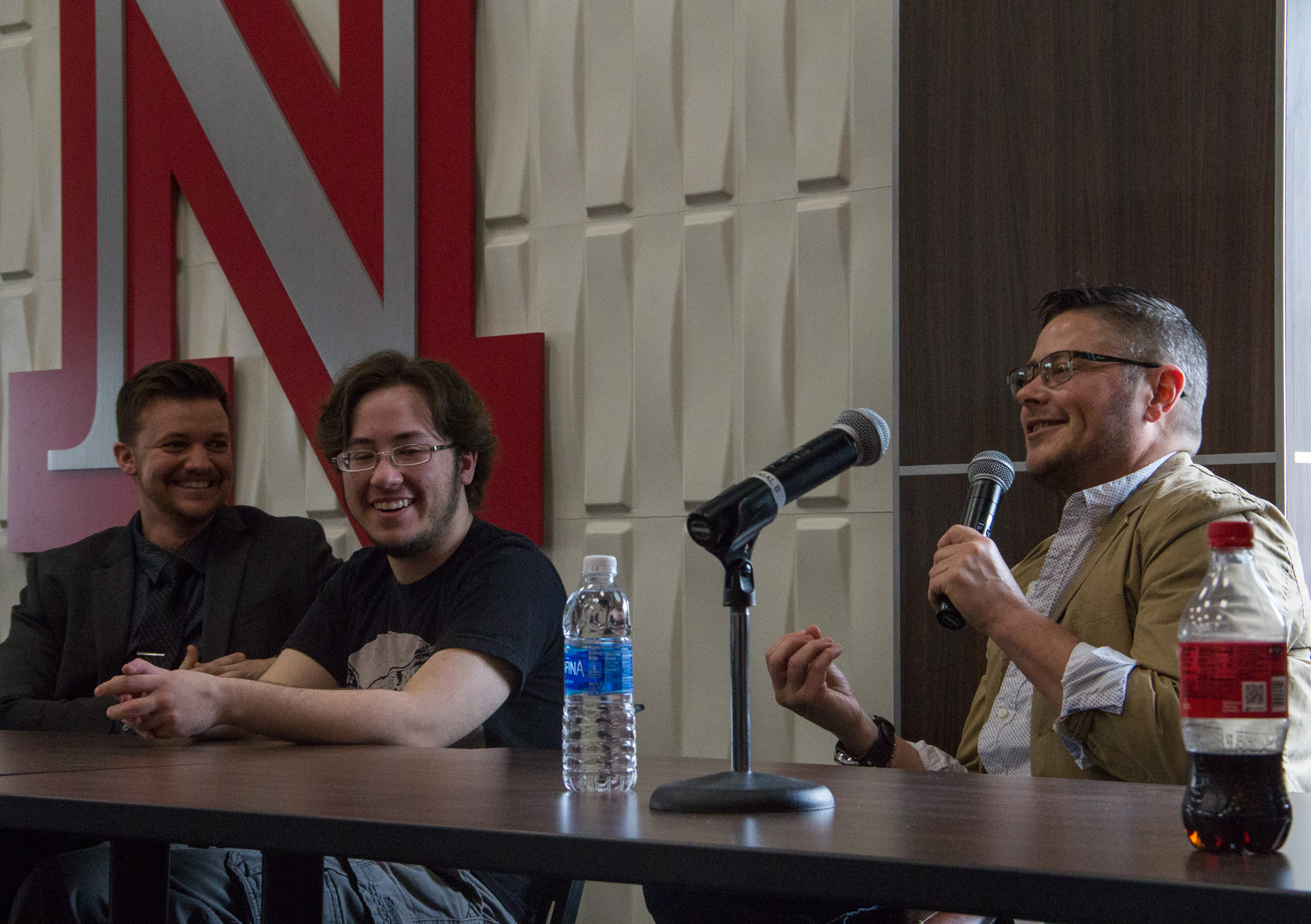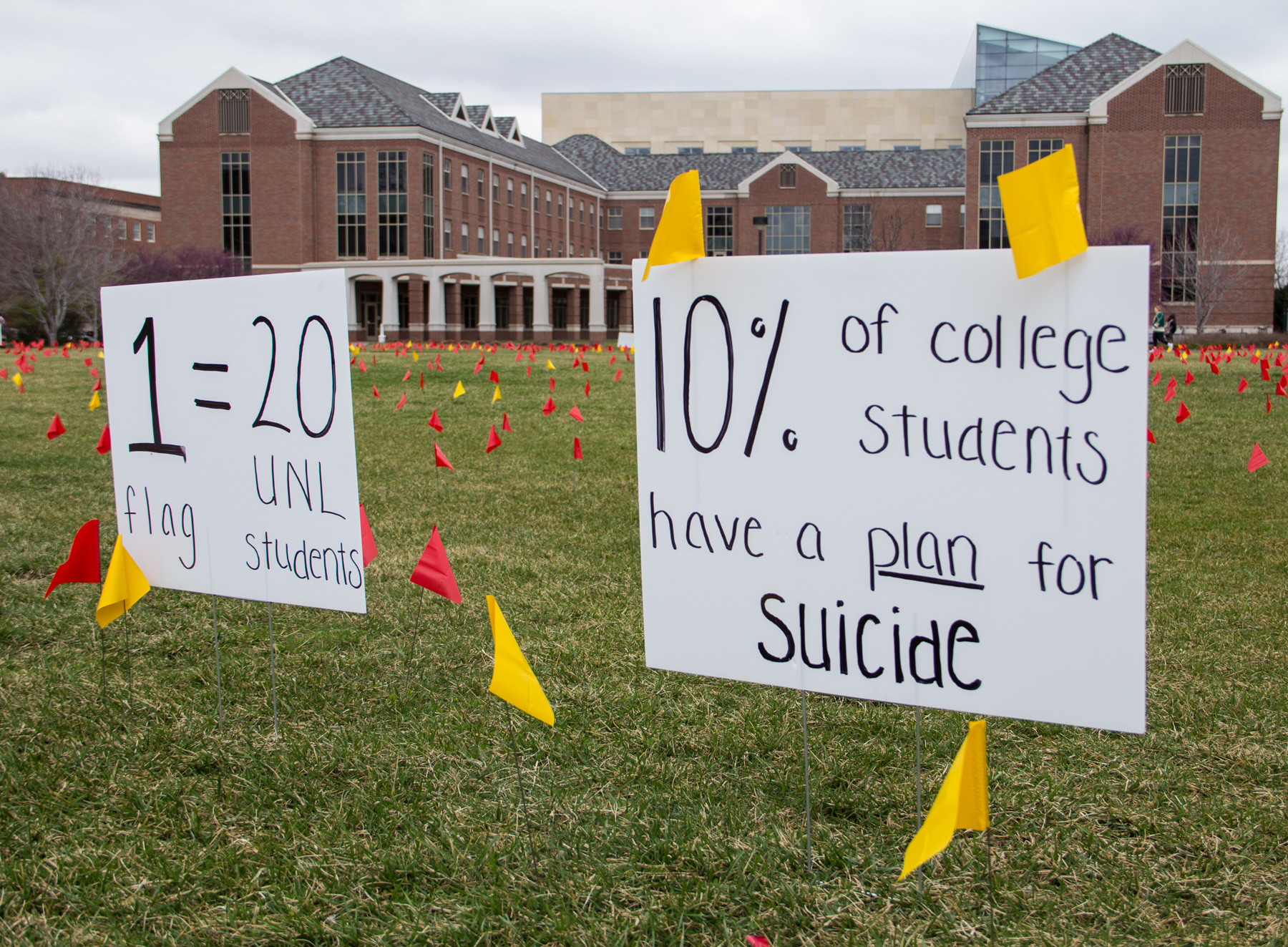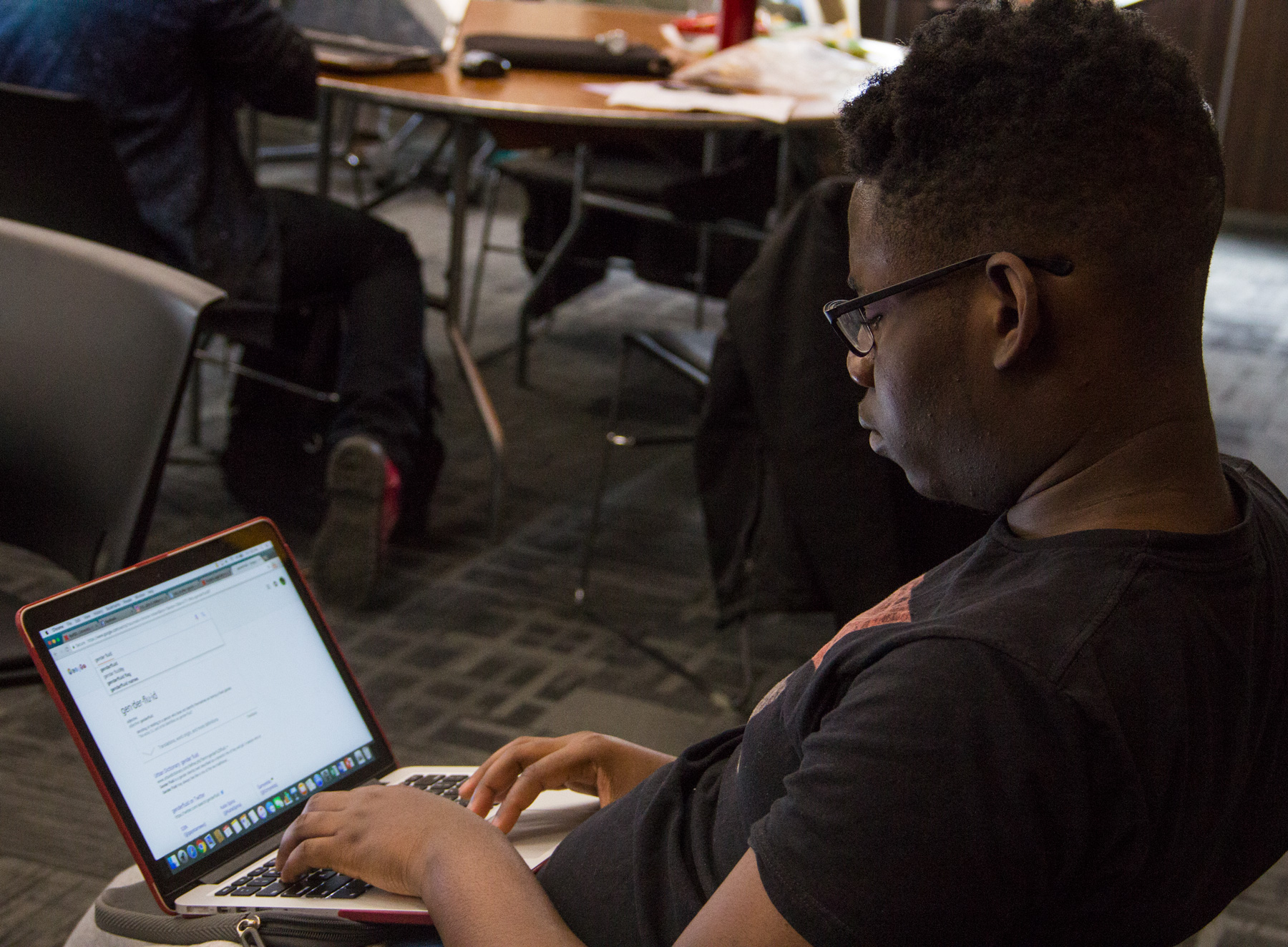

The major problems surrounding free speech on campus revolve around the fact that most students are unaware of their rights
American college students don’t lose their First Amendment rights at public educational institutions such as the University of Nebraska-Lincoln, but they are subject to limitations.
For Tyler Richard, communications director for the American Civil Liberties Union of Nebraska, this is a subject he’s more than passionate about. And he’s determined to inform students nationwide about their rights to free speech.
Richard had first-hand experience fighting for his rights to free speech when he was in high school.
“When I was a senior at a high school in Omaha, I had recently accepted that I was gay and came out as gay and wanted to started educating some of my peers about what it means to be an LGBT person,” Richard said.
Richard and a high school classmate wanted to participate in the Day of Silence, “a student-led national event that brings awareness to the silencing effects of anti-LGBTQ name-calling, bullying and harassment in schools.”
However, Richard’s principal prohibited him from participating.
“[The principal] didn’t think this was good content for a high school event and [said] that we couldn’t do the event,” Richard said. “My friend and I thought that was not quite right and we thought that we had a First Amendment right to talk about who we were with our peers.”
From there, Richard discovered the ACLU and gained knowledge about students’ First Amendment rights.

Richard presented this information to his principal which led to his principal’s approval.
The major problems surrounding free speech on campus revolve around the fact that most students are unaware of their rights and the lack of free speech culture on college campuses, said Richard F. Duncan, a Sherman S. Welpton Jr. and Warren R. Wise professor at the University of Nebraska College of Law.
According to Duncan, during new student orientations at many universities, it is common for a university to conduct workshops educating students on diversity and multiculturalism.
Duncan said this increases students’ consciousness to be more sensitive toward offensive types of speech.
There are no mandatory free speech workshops to educate students on their rights to free speech, counter-speeches or why those are important, Duncan said.
“If the university really is serious about free speech, they ought to have a vice chancellor for free speech,” Duncan said.
A university’s Student Code of Conduct and Disciplinary Procedures is a document that lays out university rules and expectations.
When it comes to free speech, the First Amendment has restrictions on the time, place and manner, but not on the content, Richard said.
For example, when a speech disrupts class or prevents people from using a certain public area, institutions then have the right to take disciplinary action on the disruption. But they can’t take action on the content of the speech.

Students and organizations have the right to speak up without going through a regulatory process for a demonstration, but this process can be beneficial because it gives them access to equipment such as speakers and microphones.
It is unconstitutional for the school’s policy to discriminate speech on the basis of the content or the viewpoint of the speech. Students have the right to resist disciplinary proceeding or to strike down speech codes that restrict freedom of speech on campus, Duncan said.
Because of this, hate speech is fully protected under the First Amendment. Universities have no right to punish individuals exercising hate speech unless it’s a threat, directly encouraging violence against another student.
Disciplinary action is and will be taken against individuals who give speeches inciting violence and criminal activities, but Duncan said there haven’t been any major speech problems on the UNL campus.
Free speech falls within a gray area and is dealt with on a case-to-case basis, said Eric Berger, UNL associate dean for faculty and professor of law.
“There’s no place where all the rules are written in,” Berger said. “In fact, the Supreme Court [was] confronted in [a] recent case about the exact scope of free speech rights on college campuses.”
The First Amendment does not apply to private schools such as Harvard University and Yale University. The only private university in the Big Ten is Northwestern.
“[At private schools], it is a matter of contract,” Duncan said. “Sometimes the school will say that they’re a free speech campus, and if that’s the case maybe you can hold them to it.”
When a university takes away the students’ rights to free speech, it is not only a violation to the First Amendment but to the mission of the institution.
“The Supreme Court has said time and again,” Duncan said, “at the core of free speech is the university, because that is supposed to be a marketplace of ideas. That’s not a place where you go to be indoctrinated.”